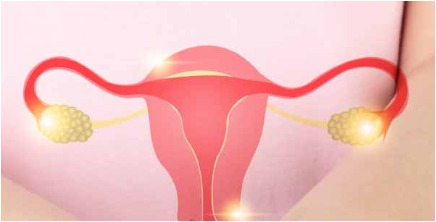
Cervical cancer is a type of cancer that affects the cervix, the lower part of the uterus that connects to the vagina. Smoking has been identified as a significant risk factor for developing cervical cancer. Understanding the symptoms and available treatments is crucial for early detection and effective management of the disease.
Risk of Cervical Cancer with Smoking: Smoking increases the risk of cervical cancer for several reasons. Firstly, smoking weakens the immune system, making it harder for the body to fight off human papillomavirus (HPV) infections. HPV is a common virus that can lead to the development of cervical cancer. Secondly, smoking can cause changes in cervical cells, making them more susceptible to cancerous changes. Therefore, women who smoke and are infected with HPV have a higher risk of developing cervical cancer than non-smokers.
Symptoms of Cervical Cancer: In its early stages, cervical cancer may not cause noticeable symptoms. However, as the disease progresses, the following signs and symptoms may appear:
- Abnormal vaginal bleeding, such as bleeding between periods, after intercourse, or after menopause.
- Unusual vaginal discharge that may be watery, bloody, or foul-smelling.
- Pelvic pain or discomfort.
- Pain during sexual intercourse.
- Changes in bowel or urinary habits.
It is essential to consult a healthcare professional if any of these symptoms persist or cause concern.
Treatments for Cervical Cancer: The choice of treatment for cervical cancer depends on the stage of the cancer, overall health, and individual preferences of the patient. Common treatment options include:
- Surgery: Surgical procedures may involve removing the abnormal tissue, part of the cervix, or the entire uterus (hysterectomy).
- Radiation Therapy: High-energy rays are used to target and kill cancer cells. It can be used alone or in combination with other treatments.
- Chemotherapy: Anti-cancer drugs are administered to destroy cancer cells. It can be used before or after surgery or in combination with radiation therapy.
- Targeted Therapy: This type of treatment targets specific molecules involved in cancer cell growth and progression.
Early detection through regular cervical cancer screenings, such as Pap tests and HPV tests, is crucial for improving outcomes. The HPV vaccine is also effective in preventing HPV infections, reducing the risk of cervical cancer.
To minimize the risk of cervical cancer, it is essential to quit smoking and adopt a healthy lifestyle. Regular screenings, healthy eating habits, and avoiding high-risk sexual behaviors can significantly reduce the risk of developing cervical cancer. If you have any concerns about cervical cancer or its symptoms, consult a healthcare professional for appropriate evaluation and guidance.
